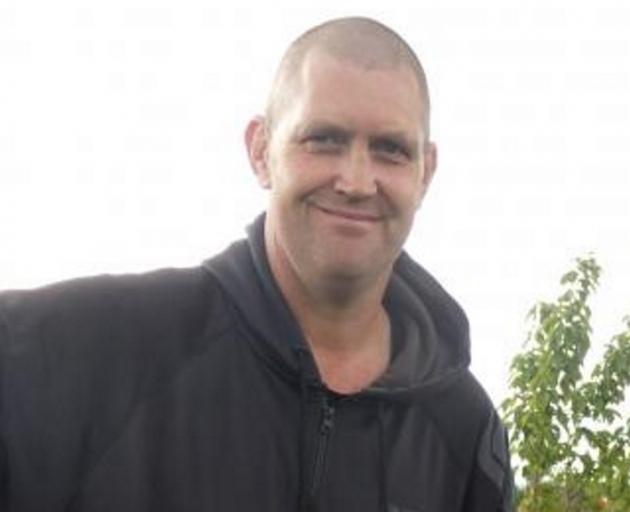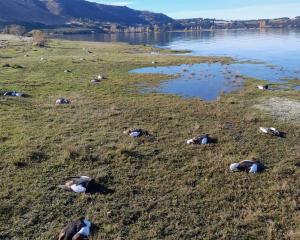
A family and a community are in mourning today after learning cancer care advocate Blair Vining has died.
He joins about 10,000 other New Zealanders who die from cancer each year.
Almost a year ago, the Southland husband and father was diagnosed with terminal stage four bowel cancer, and was told he had just eight weeks to live.
The family made the decision to treat Mr Vining privately after learning there would be a six to eight week wait to begin treatment at Southland Hospital.
Faced with the fact he would leave his wife and two children behind, Mr Vining made a bucket list that aimed to reduce the number of patients whose family would have to go through the same experience.
His Facebook page that generated nationwide support, Blair Vining’s Epic Journey, was used as a platform to generate conversation about under-resourced DHBs.
At 12.40pm today, a social media post informed the country of his death.
"Father-of-two Blair Vining, the Winton man who tirelessly campaigned for the reform of cancer treatment throughout New Zealand, has passed away.
"Blair’s wife Melissa and their two daughters, Della-May and Lilly, will miss him immensely. They are exceptionally proud that the man they will continue to love forever left the world a better place.”
In total, more than 140,700 people signed the petition that called for better cancer care in New Zealand, and called for the creation of a national cancer agency.
It was the last item on his bucket list, and was presented to Parliament in July.
Since the petition was presented to Parliament announced its New Zealand Cancer Action Plan 2019–2029, which is focused on delivering outcomes in four areas.
Those areas were consistent and modern cancer care, equitable cancer outcomes, fewer cancers and better cancer survival.
Mr Vining and his family recently began pushing for the establishment of a charity hospital and interested representatives and individuals met last month in Invercargill to discuss the feasibility of its existence.
The meeting consisted of a presentation, including a brief on how a similar service in Christchurch operated, which was followed by a question and answer session.
Representatives from the 12-year-old Canterbury Charity Hospital in Christchurch attended the meeting, and Professor Phil Bagshaw had acted as mentor to the Vinings in their plans to get the service running.
While Mr Vining could not attend as he was receiving treatment in Dunedin, his wife Melissa said she was overwhelmed by the generosity shown at the meeting.












